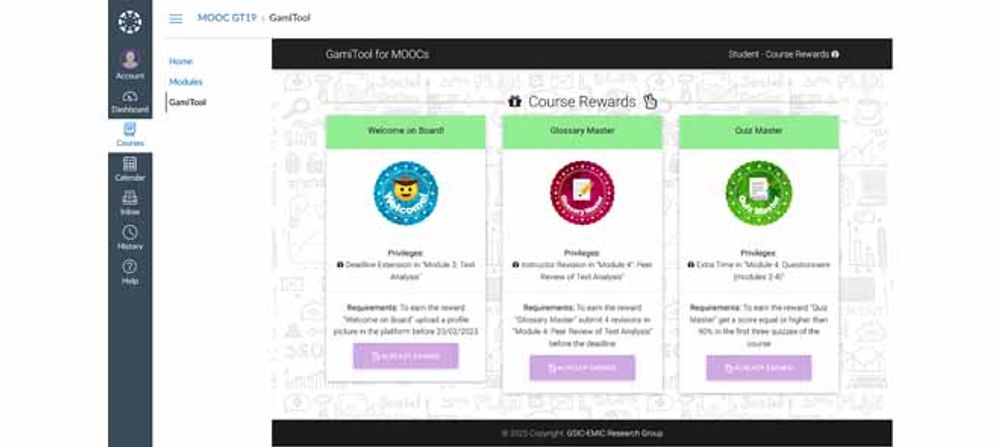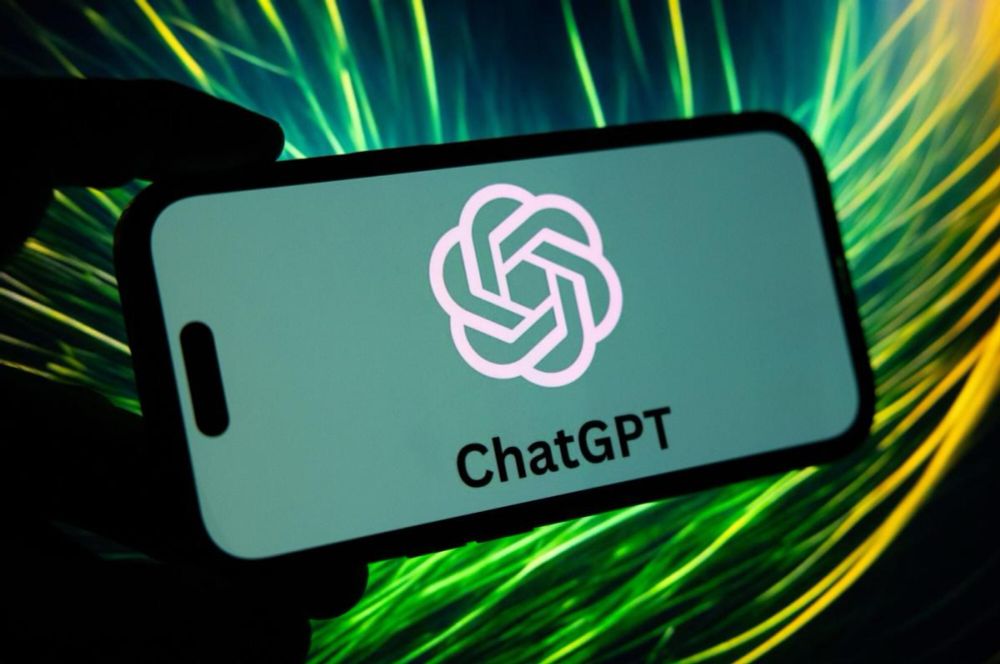This feels like a half thought: I think having deadlines and structure are really important for keeping me motivated. MOOCs have this so it makes it easier for me to maintain momentum when learning something new. Particularly when it's challenging and/or boring.
Excised to be contributing to the next Cambridge Educational Dialogue Research webinar about #MOOCSdeficambridge.glueup.com/event/moocs-...

Raspberry Pi has a lot of resources that are free and online. Lots are pitched for schools, but there's lots of great content. I'm sure they have mentoring and wider support too. There's probably MOOCs or other spaces from the big providers - FutureLearn, HarvardX etc. but RPI would be my first!
New collection in the open access Journal of Interactive Media in Education on the legacy of MOOCs - jime.open.ac.uk/collections/...#openeducation#research#onlinelearning - some great papers
This @IEEEXplore article proposes some new tools for implementing gamification techniques in MOOCs. Even if neither one particularly excites you, the article is helpful for thinking about shortfalls in platforms that inhibit game-based learning as a whole: ieeexplore.ieee.org/...

Reward-based gamification strategies are proposed as a promising technique to increase student engagement in Massive Open Online Courses (MOOCs), following its success in other small-scale educational settings. However, these strategies imply a number of orchestration tasks (e.g., design, management) that are usually carried out by instructors, and which may hinder their use and adoption. Furthermore, some MOOC distinctive features (e.g., scale, 24/7 availability, etc.) have considerable implications on how these gamification strategies are orchestrated, resulting in an unmanageable instructors’ workload in cases of manual operation. Therefore, an eventual adoption of gamification in MOOCs calls for automatic systems capable of decreasing the additional workload of instructors. The limitations identified in the current solutions (e.g., non-usable graphical interfaces, inflexible gamification designs) led us to propose and develop a new gamification system named GamiTool. An evaluation with 19 MOOC instructors and gamification designers showed the high design expressiveness, usability and potential for adoption of GamiTool. Hence, GamiTool can be used by instructors to improve students’ engagement, and also, by researchers to keep understanding the effects of gamification in MOOC settings.
Can we bring back MOOCs?
Well sure, because Coursera was going to completely upend higher ed with MOOCs and that .... failed completely. Why not bring in the same people to run the same game at craven administrators again.
OpenAI also said “it will host a meeting in October with presidents and provosts of leading higher education institutions to discuss how to adopt AI effectively and responsibly in a university setting, including for teaching and advancing academic research.” 😩

(Bloomberg) -- OpenAI has hired former Coursera Inc. executive Leah Belsky to be its first general manager of education, leading the artificial intelligence startup’s efforts to bring its products to ...

